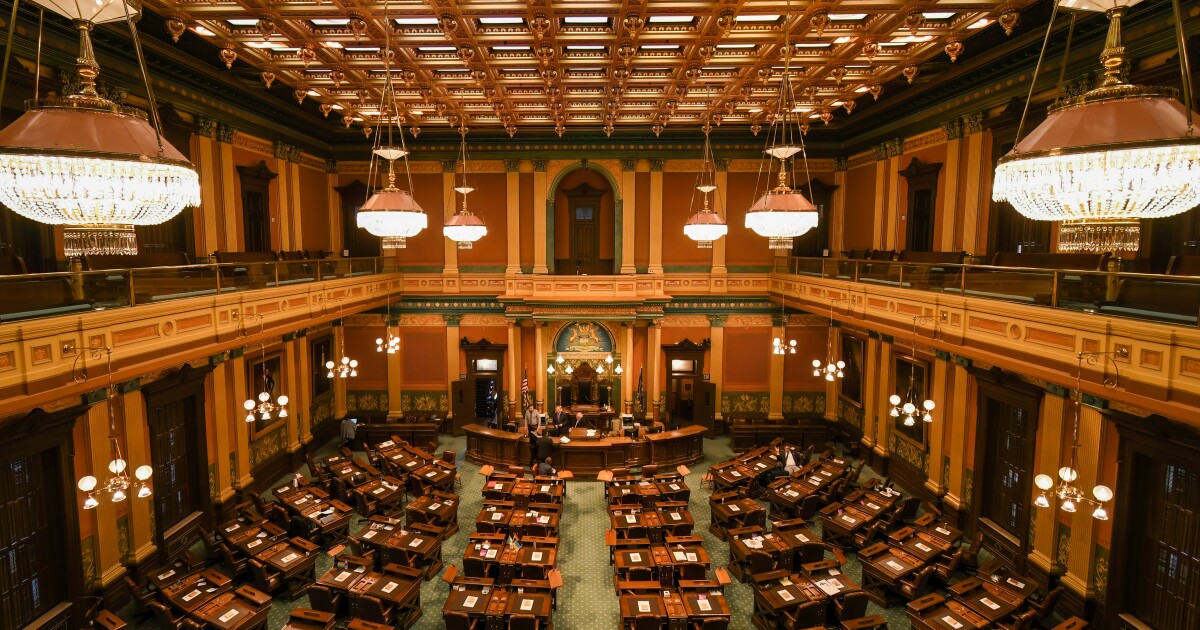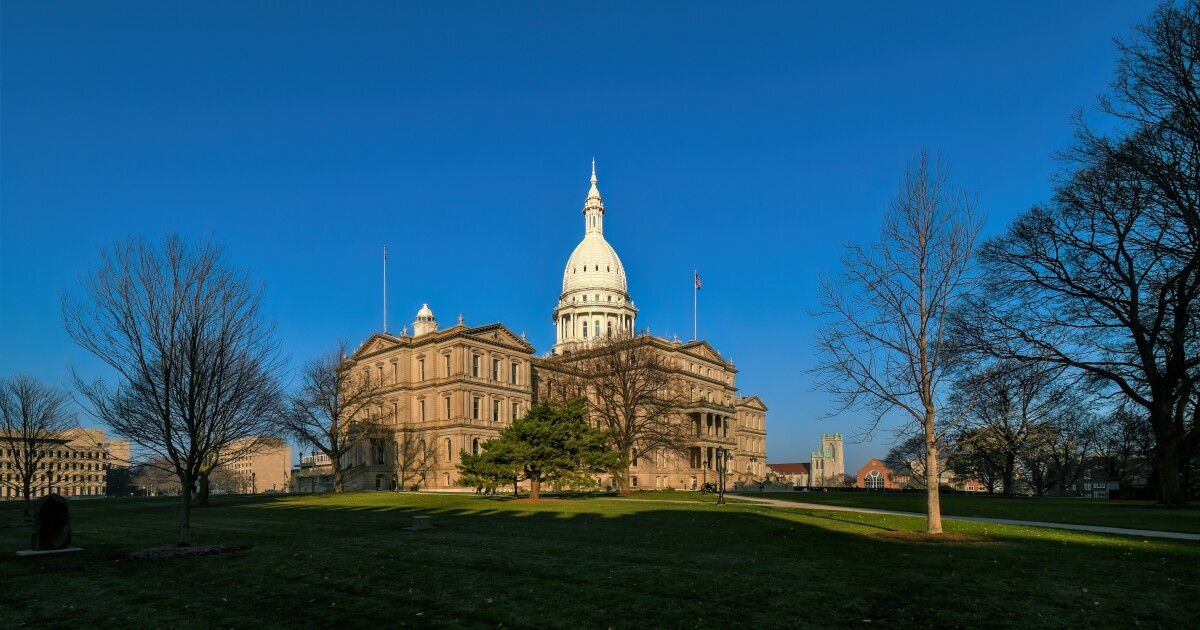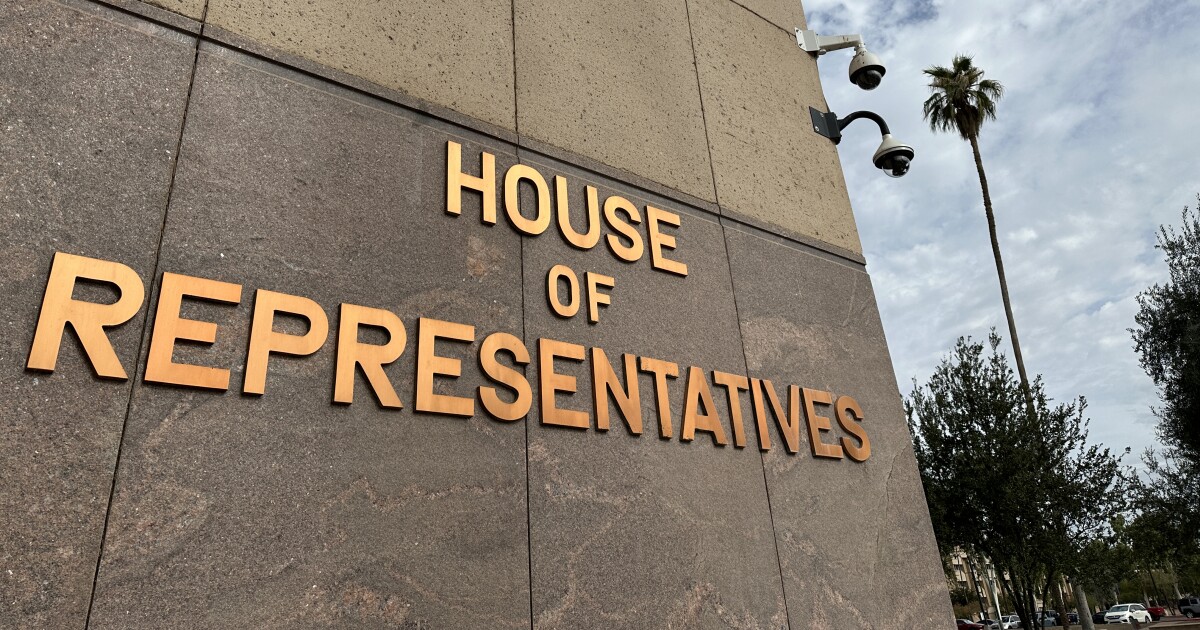Legislative Moves to Adjust Wage and Sick Leave Laws in Michigan
In a significant development, a committee within Michigan’s state House has put forward legislation to amend upcoming changes to the state’s minimum wage and earned sick leave laws. These proposed amendments have been fast-tracked and could alter the wage landscape for many workers across the state.
The bills, which have received bipartisan support, propose reinstating a lower wage for tipped workers, imposing additional conditions on sick leave, and delaying the scheduled wage increases. The measures have now been forwarded to the House floor for further consideration next week.
According to Representative Bill G. Schuette (R-Midland), the committee’s chair, “There’s a consensus being forged here in recognition that we need to work and act to help protect Michigan workers and small businesses.” This statement followed testimonies over two days, where businesses and workers voiced concerns that the impending laws could lead to closures and job losses.
The legislative actions aim to address a recent Michigan Supreme Court ruling that overturned previous legislative efforts to nullify citizen-initiated laws on sick leave and minimum wage. The court’s decision had set a trajectory for increasing the hourly wage from $10.56 to $12.48 by February 21, with further increases to $14.97 by 2028, eventually tying it to inflation. The new bills propose setting the minimum wage at $12 this year, with gradual increments reaching $15 by 2029.
Under these proposed changes, tipped workers’ wages would revert to 38% of the standard minimum wage. Additionally, businesses with fewer than 50 employees would be exempt from providing paid sick leave, while larger businesses would need to allow their full-time employees to accrue up to 72 hours of sick leave.
However, these proposed amendments have met with resistance from the coalition that initially supported the 2018 initiatives for minimum wage and sick leave, only to see their efforts overridden by a lame-duck legislative session. Rachel Richards from the Michigan League for Public Policy, a progressive group opposing the changes, stated, “These were part of a 2018 petition drive and because of the unlawful and unconstitutional actions of the Legislature, these provisions have been delayed for the last six years.” She emphasized that the laws should be implemented as originally intended.
The legislative process will continue as the bills move to the House and then the Senate for votes. If passed by both chambers, the bills will be presented to Democratic Governor Gretchen Whitmer for approval or veto.
—
Read More Michigan News









